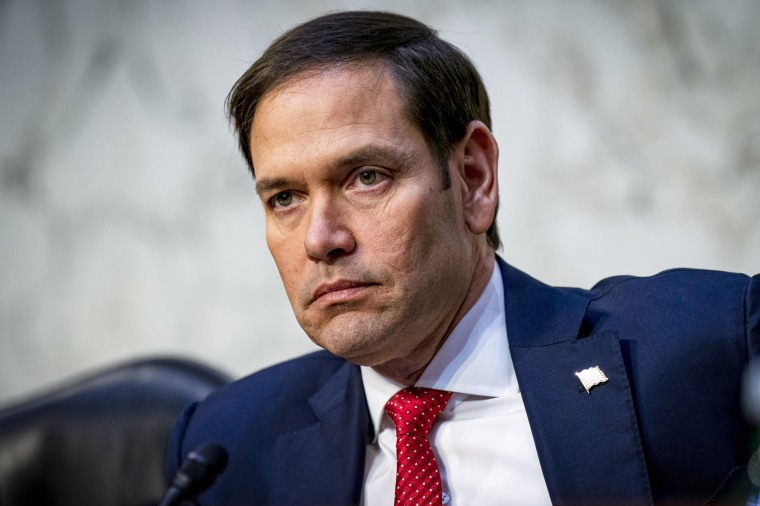Iran-US summit, on the Brink
Khamenei has given Iran's foreign minister "full authority" for negotiations, but limited the discussions strictly to the nuclear issue. Iran is already enriching uranium to 60%, a step away from weapons-grade, prompting Western warnings. Israel threatens: "We will not allow the Iranians to obtain nuclear weapons."
Israel Hayom
Apr 12, 2025

On the brink of nuclear armament
The divide between the two sides remains deep: Trump is demanding a direct face-to-face meeting, while Iran prefers indirect channels. Tehran has also set clear boundaries, insisting the negotiations focus solely on the nuclear issue and flatly rejecting any discussion of its missile program or defense capabilities.
Western experts warn that Iran's nuclear program has made significant strides since Trump withdrew from the 2015 nuclear deal. Iran is now enriching uranium to a 60% purity level, a critical threshold dangerously close to weapons-grade, despite Tehran's repeated claims that its nuclear ambitions are purely civilian.

Ballistic missile test in Iran.
The summit is taking place at a low point in Iran's regional standing. The "Axis of Resistance" it leads - which includes the terrorist organizations Hamas and Hezbollah, along with the Houthis and other Shiite militias - has suffered severe setbacks since the war in Gaza erupted and the fall of Bashar Assad's regime in Syria last December.
"Iran will never possess nuclear weapons"
US Secretary of State Marco Rubio stated last night that "we have been very clear that Iran will never possess nuclear weapons," expressing hope that the meeting would pave the way for a diplomatic resolution. Simultaneously, Trump's envoy to the Middle East, Witkoff, emphasized that a nuclear-armed Iran would be a "red line" for Washington.

Iran, for its part, has sent mixed messages, asserting that it is offering the Americans "a genuine opportunity" despite what it calls a "hostile pressure campaign" by Washington.
Diplomatic sources believe progress in the talks could ease tensions in the volatile region, which is currently facing multiple active fronts. Conversely, a failure in negotiations could push the situation toward direct military confrontation between regional powers, jeopardizing global economic stability given the region's pivotal role in oil supply.
No comments:
Post a Comment